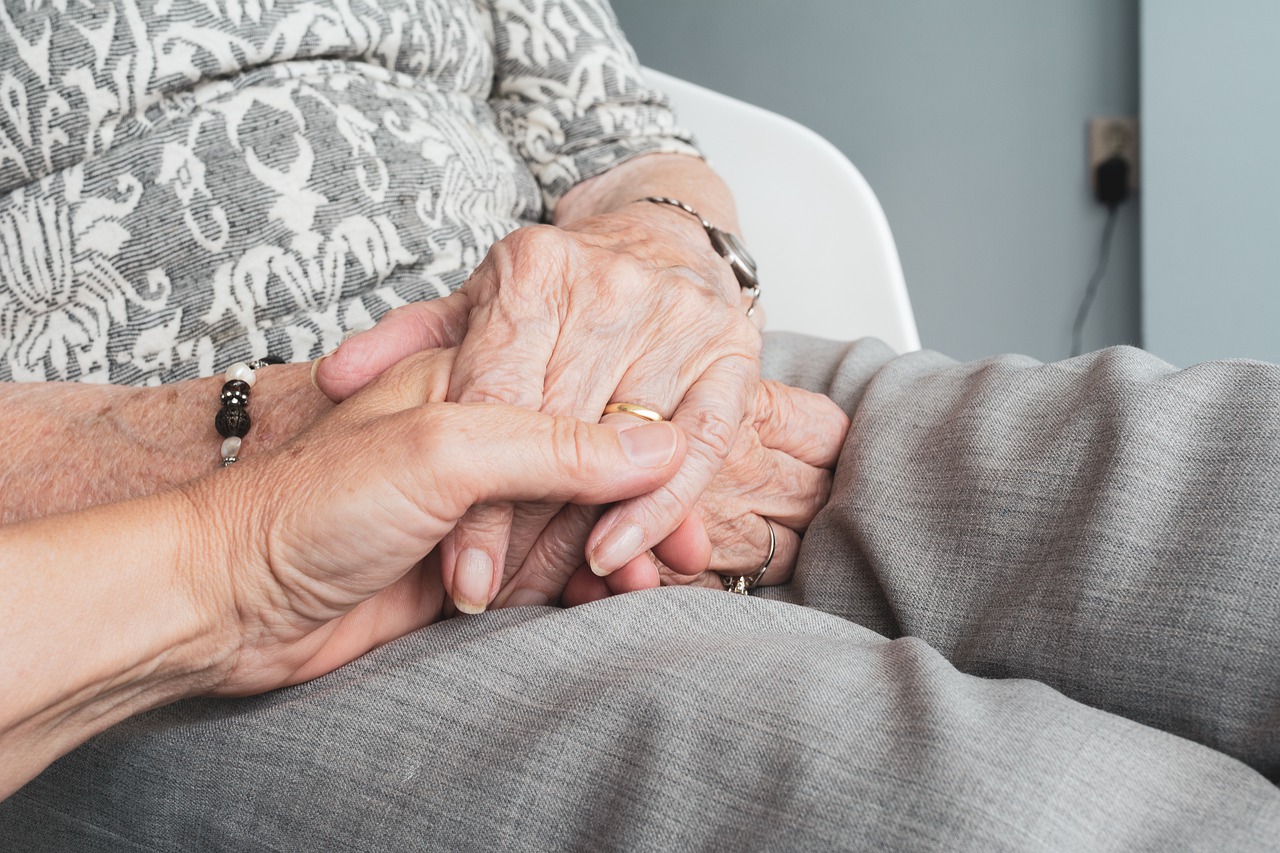After the loss of a spouse, your senior parent, friend, or relative will likely oscillate between feelings of denial, anger, and depression — but also other stages like bargaining and acceptance. While it won’t be easy, your senior loved one will need to tackle various decisions while oscillating between these stages of grief — and your support and guidance will be imperative during this time. Here are some on how you can help your senior loved one make important decisions while coping with his or her loss, read on.
Help Your Loved One to Cope with Grief
When your senior parent, relative, or friend loses his or her spouse, your loved one will likely endure several emotional and physical effects of grief. According to the National Institute on Aging (NIA), these may include difficulties with eating, sleeping, concentrating, and making decisions. However, you can help your senior loved one to cope with his or her grief by ensuring that he or she is getting enough sleep, exercising regularly, eating well, and spending time with friends and family members. Creative activities like journaling, drawing, and painting can also be helpful, along with other things like:
- Starting a new fitness routine with the senior fitness specialists at In Home Senior Fitness.
- Visiting a local senior center.
- Adopting a pet.
- Volunteering.
- Grief counseling services.
- Click here to learn about starting a nonprofit in honor of their spouse.
Make Final Arrangements
In addition to helping your senior loved one to cope with the devastating loss of his or her spouse, it’s important to assist your parent, relative, or friend in tackling financial decisions such as reviewing the deceased’s final wishes and making funeral arrangements. It’s usually best to accommodate the deceased’s final wishes as best as possible, but modifications may be necessary in some cases. Typically, your senior loved one will need help with:
- Planning a funeral service. When planning a funeral or memorial service, you’ll need to choose between a traditional funeral service or a direct burial. If the ceremony will be held after the deceased has been buried, a memorial service may be worth considering.
- Additional costs. Final expenses may include embalming costs, the purchase of a metal, wood, or pine casket, and grave liners or burial vaults.
What Comes After
After making funeral arrangements and considering the benefits of burial insurance, you’ll need to report the death to all necessary authorities — including the Social Security Administration (SSA) and any pertinent financial and legal institutions. Your loved one’s estate planning documents should also be updated at this time.
Once the funeral is over, your loved one will have to contend with managing the household accounting on their own. Depending on their financial circumstances, they may be able to stay at home and apply any life insurance benefits to outstanding bills, and live comfortably on retirement savings. On the other hand, if your loved one must downsize based on physical needs or income, they will need to consider selling the family home, downsizing their belongings and moving into a smaller home or senior community. It’s a lot to think about all at once, and it’s likely to leave your loved one reeling.
Offer to assist them through every step, and try to manage only a few things at a time. Start with gathering necessary documents, determine their property’s value, compare the home to other local listings, talk with an experienced real estate agent and start to put a sale in motion. Next will come finding a new place to live and sorting through possessions. As you can tell, from a cumulative standpoint, all of this may prove to be difficult for your loved one. Practice patience, and be a guiding presence as often as you can.
None of these tasks will be easy when you’re mourning the loss of your own parent, friend, or relative, but your compassion, support, and guidance will be vital to your senior loved one’s health and well-being as he or she copes with the devastating loss of a spouse.
Karen Weeks

